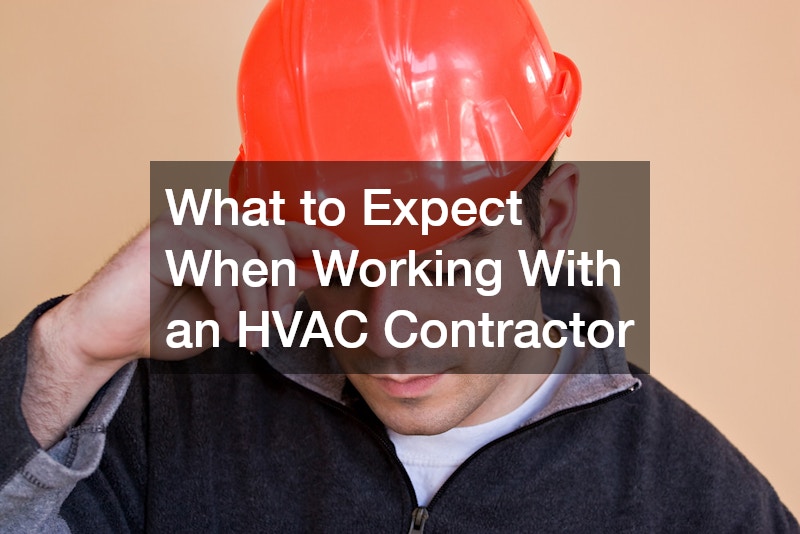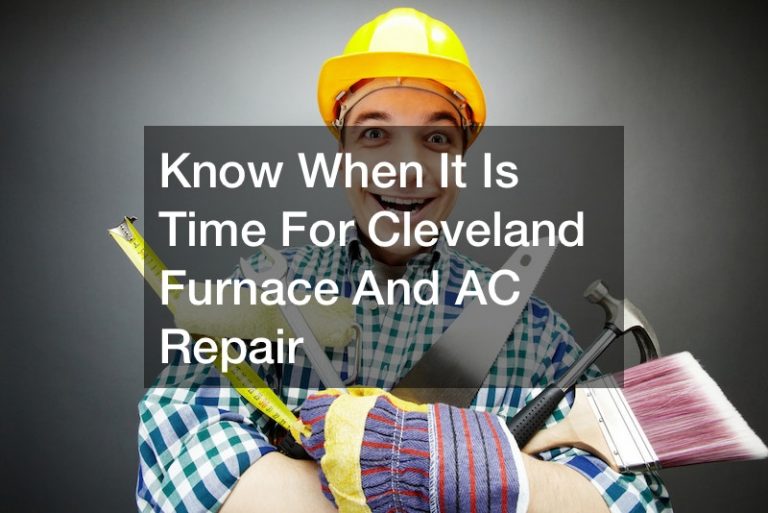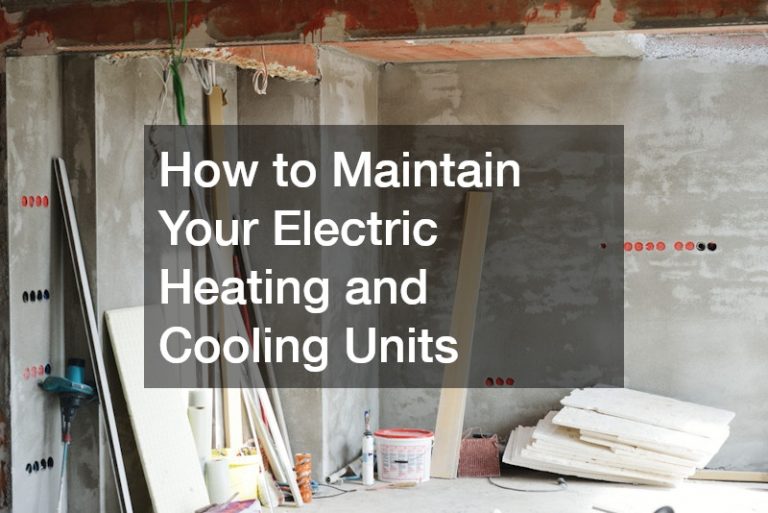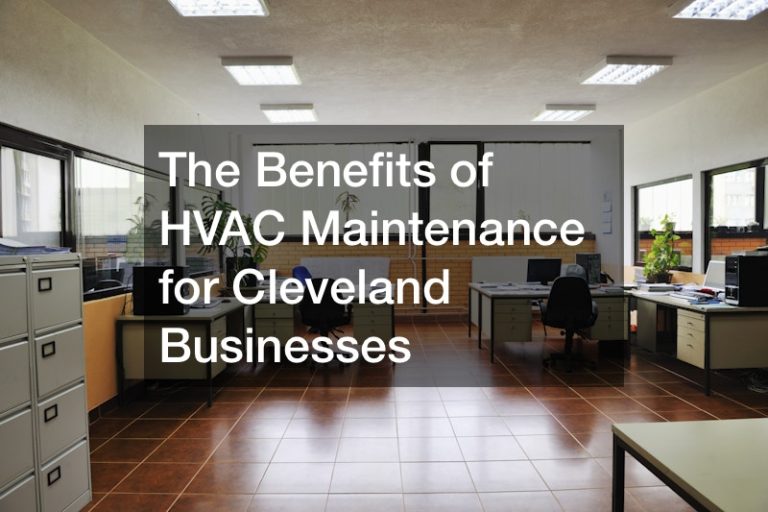Hiring an HVAC contractor is an important step for maintaining the health and efficiency of your heating, ventilation, and air conditioning systems. A well-functioning HVAC system not only provides comfort but also contributes to energy efficiency and lower utility bills. Understanding the roles and responsibilities of an HVAC contractor can greatly enhance the quality of service you receive and prevent potential issues down the line.
When your HVAC system malfunctions, it can lead to increased energy consumption and discomfort in your living space. An experienced contractor can perform routine checks, troubleshoot problems, and provide solutions that ensure optimal performance of your HVAC systems. Recognizing the contractor’s role and what to expect during service can empower homeowners to make informed decisions.
How to Choose the Right HVAC Contractor?
Understanding Credentials and Certifications
When selecting an HVAC contractor, verifying their credentials and certifications is crucial. These credentials ensure that the contractor has the necessary training and adheres to industry standards. Certified contractors are often more reliable, offering reassurance that they are qualified to handle HVAC installations and repairs.
Industry certifications, such as those from North American Technician Excellence (NATE), demonstrate a contractor’s commitment to excellence. Certifications often require rigorous testing and continued education, keeping contractors updated on the latest HVAC technology and techniques. Ensuring your contractor holds these credentials can prevent mishandling and ensure better service outcomes.
Reviewing Experience and Expertise
In addition to certifications, experience plays an important role in choosing an HVAC contractor. A contractor with a rich background in the industry is likely to have encountered a broad range of HVAC issues and will know how to address them efficiently. Experience enables contractors to provide tailored solutions that align with specific customer needs.
When considering expertise, inquire about the contractor’s familiarity with systems similar to yours. A contractor knowledgeable about your particular HVAC model or brand will be better equipped to handle your maintenance and repair needs. This experience can lead to quicker diagnostics and solutions, saving both time and resources.
Ask potential contractors about their years in the business and the scope of work they have undertaken. Contractors with extensive experience often have a better grasp of emerging industry technologies and trends. Their wealth of knowledge can be an invaluable asset to ensuring the longevity and performance of your HVAC system.
What Should You Expect During the Service?
Initial Consultation and Assessment
During the initial consultation, the HVAC contractor will conduct a thorough assessment of your system. This assessment includes evaluating the current conditions, identifying any immediate issues, and discussing your specific needs. From there, the contractor will formulate a plan tailored to your system’s requirements.
The initial assessment is a critical step in determining the scope of the project. It allows the contractor to establish a baseline for service and understand any particular challenges associated with your system. Additionally, it provides an opportunity to build rapport and set expectations for the services provided.
During this stage, homeowners should discuss any specific concerns or preferences they may have regarding their HVAC system. This dialogue aids the contractor in aligning the service to meet both technical requirements and personal preferences. A clear exchange of information helps ensure that service goals are met effectively.
Cost Estimates and Project Timeline
One of the essential aspects of working with an HVAC contractor is obtaining a detailed cost estimate and project timeline. The contractor should provide a comprehensive breakdown of costs, covering labor, parts, and any additional services required. This estimate assists in setting clear financial expectations and preventing unexpected expenses.
The timeline provided should outline each phase of the project, from initial preparation to completion. Knowing the project duration helps homeowners plan accordingly, minimizing disruptions to their daily routines. It also provides an opportunity to discuss any potential delays and how they will be managed.
Before commencing the work, review and agree on the cost estimate and timeline with your contractor. Clarity in these areas reduces the likelihood of disputes and ensures all parties are on the same page throughout the project. By addressing these details upfront, you can focus on the successful execution of the service.
Choosing the right HVAC contractor involves a comprehensive review of credentials, experience, and client feedback, which are vital for making an informed decision. Understanding the service process, from initial consultation to communication and follow-up, is equally important to ensure satisfactory outcomes. Conducting thorough research and asking pertinent questions are key to optimizing your HVAC contractor experience.
The overarching goal when hiring an HVAC contractor is to enhance the performance and longevity of your system. By selecting a competent professional and facilitating open communication, homeowners can achieve optimal results. An educated approach leads to a partnership with the contractor that benefits the efficiency and reliability of your home’s HVAC system.
.







